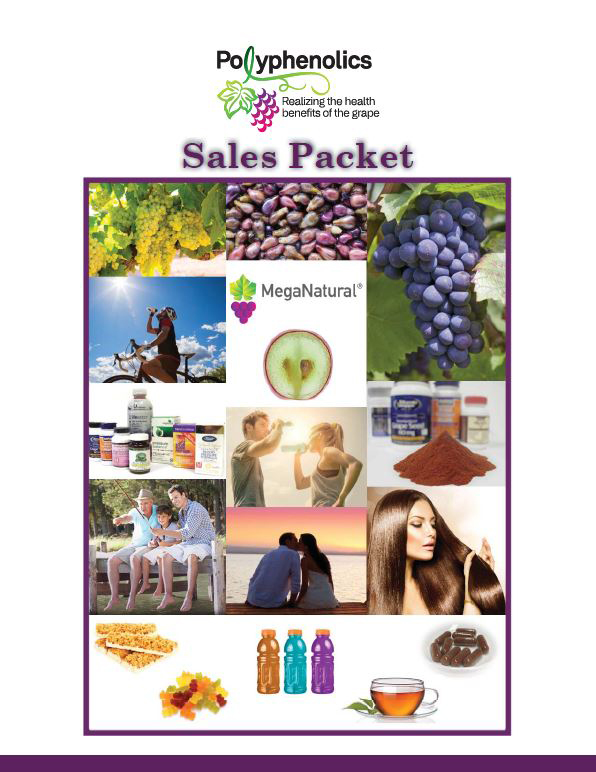The sooner you start maintaining a healthy blood pressure, the more years you may be adding to your life. It’s especially important to maintain low blood pressure once you hit middle age.
One study published in Circulation: Journal of the American Heart Association found that those people who are able to keep their blood pressure at normal levels by age 55 enjoy the lowest lifetime risk for having a stroke or heart attack.
“There hasn’t been as much of a focus on keeping it low when people are in their 40s and 50s. That’s before a lot of people start focusing on cardiovascular disease risk factors. We’ve shown it’s vital to start early,” says lead author Norrina Allen, assistant professor of preventive medicine at Northwestern University Feinberg School of Medicine.
In another report, published in the Dec. 21, 2011 issue of the Journal of the American Medical Association, researchers found that people who treated their high blood pressure consistently for more than four years reduced their risk of dying from heart disease over a 20-year period.
“For the first time, we prove that treating high blood pressure prolongs life,” said lead researcher Dr. John Kostis, a professor of medicine & pharmacology at UMDNJ-Robert Wood Johnson Medical School in New Brunswick, N.J.
“If you take your medications for a month, you live an extra day,” he said. “One day benefit from a month of treatment sounds small, but if you start treatment at 40, for example, then you live a couple of extra years.”
The important thing is to get your blood pressure under control and keep it that way. Scientific evidence shows that adding the unique MegaNatural®-BP grape seed extract to your diet may improve your blood flow, decreasing blood pressure and reducing your chances of having a heart attack or stroke.



